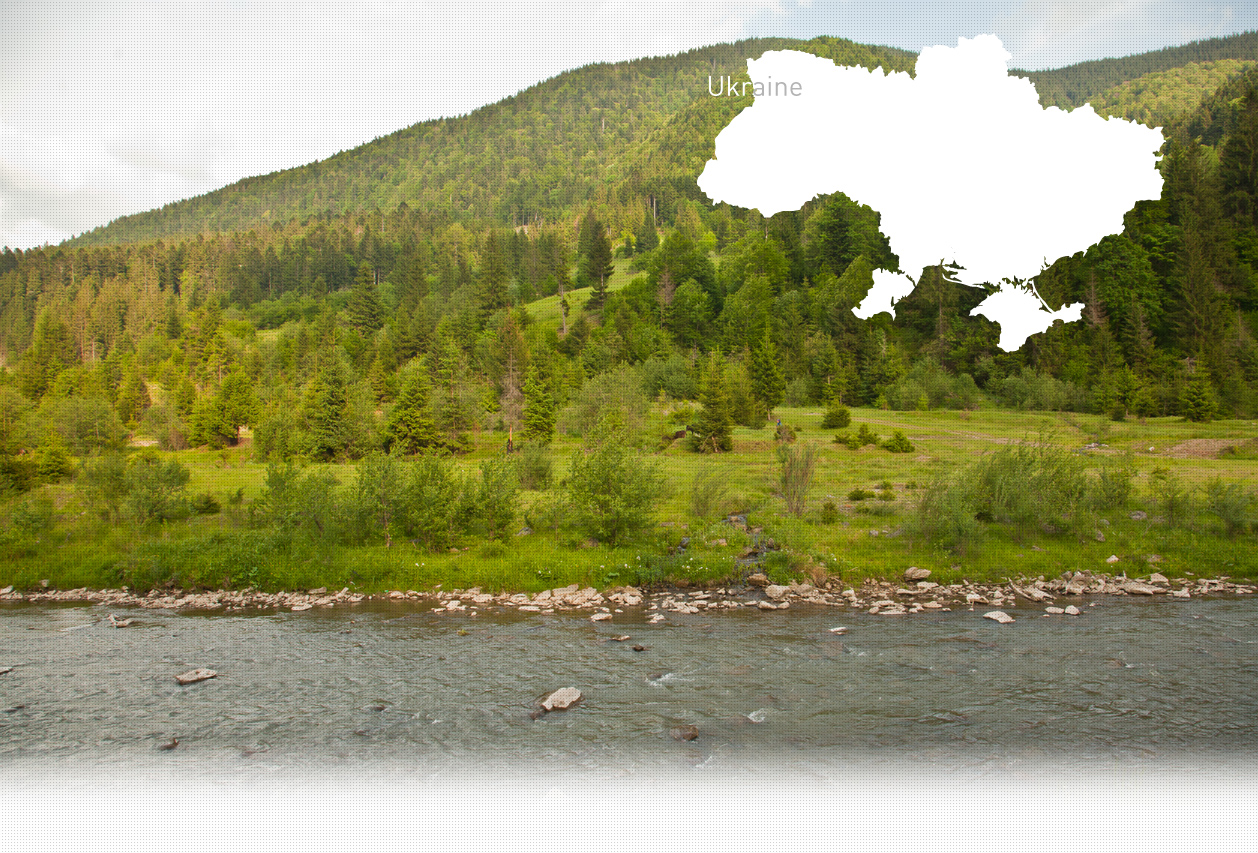

1 Killing site(s)
Yelena and Adrei V., both born in 1929 :
“P.D: Were the shooters Germans or Romanians ?
A: They were German colonists, the Volkdeutsche.
P.D: Were these Germans native to this village?
A: No, they came from the district of Veselynove, from the village located behind Veselynove.
P.D: Did they wear uniforms?
A: No, they were dressed in civilian clothes.
P.D: Did they have armbands?
L: Yes, they did.
P.D: Did they fire with guns or rifles?
A: They fired with rifle-bayonets that they used to push the bodies inside the pit.
P.D: Did they use bayonets while shooting at people?
A: They couldn’t kill five people with one bullet. Some Jews, in shock, fainted near the pit before even being touched by a bullet. When the Jews didn’t fall inside the pit, they were pushed there with bayonets.
P.D: Did the Germans go inside the pit from time to time?
A: No, they didn’t. Between each layer of bodies they put sunflowers and poured fuel. Then, they set everything on fire and came back to their village.” (Witness n°356-357, interviewed in Ivanivka, on July 25, 2020)
“During the occupation of the village of Lubyanka, from August 12, 1941, until March 21, 1944, the following crimes were committed:
On March 6, 1942, in the valley, located 500m away from Ursolovo [today Ursolivka], the fascists [illegible] the civil Jewish population, by shooting and torturing to death 150 people, including children and elderly people.
After having committed the crimes in the village of Ursolovo [today Ursolivka], the death squad arrived in the village of Lubyanka where the Jewish population was subjected to the same horrors as the Ursolovo Jews; the executioners shot dead 330 people, all adults. Their bodies were covered with hay dosed with flammable liquid and burned.
Besides these committed atrocities, the fascists continued their sinister job in the villages of Petrivka and Raidolyna where they perpetrated the same bloody horrors against the Jewish population by shooting 365 people. Their bodies were thrown into the animal remains pit and burned.
In all, in the district of Lubianka 845 people of Jewish origin were shot and tortured to death. […] [Act n°4, drawn up by Soviet State Extraordinary Commission (ChGK) on June 19, 1944; RG.22-002M: GARF 7021-68-178, p.430-435]
Lubyanka is located 80km (50 miles) northwest of Mykolaiv. According to the local villagers before the war it was home only to Ukrainians and ethnic Russians.
Lubyanka was occupied by the German army in August 1941. As a result of the field research Yahad-In Unum confirmed the archives that mentioned the shootings of the Odesa Jews in Lubyanka. With the help of the local witnesses Yahad could identify the execution sites and find out the details of how the executions were conducted. In February 1942 hundreds of Jew were brought from Odesa to Lubianka and nearby villages by the “Road of Death”. The Jews brought to Lubyanka, about 330 according to the archives, or a thousand according to witness n° YIU/2732, were placed in a farm that used to belong to a kolkhoz. After a one-month detention in the inhuman conditions, the Jews were taken to be shot. The execution was conducted in March 1942. Both groups of Jews detained in Lubyanka and Petrivka were shot at the same time in two different animal remains pits. The execution was conducted by German colonists, Volksdeutsche, natives of the colony Waterloo [today Stavky], who came for the purpose of the executions. Supposedly, local police participated in the shooting of the Jews detained in Lubyanka. After the execution the bodies were covered with hay dosed with flammable liquid and burned.
According to the local witness some Jews were shot dead on the road before even reaching the farm. Their bodies were taken and thrown into the animal remains pit, the same where one month later the entire group was executed. Today, there is no monument or any marker on the site.
Do you have additional information regarding a village that you would like to share with Yahad ?
Please contact us at contact@yahadinunum.org
or by calling Yahad – In Unum at +33 (0) 1 53 20 13 17